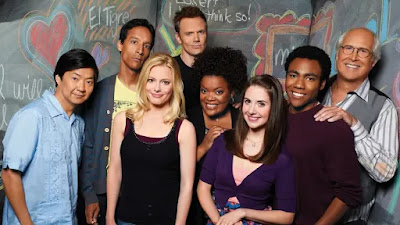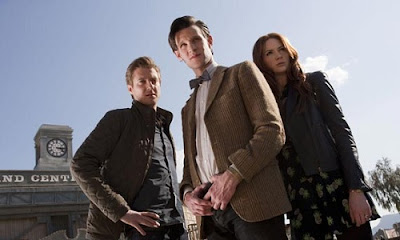Adam Curtis released his latest documentary series, 'Can't Get You Out Of My Head', last week. All six episodes are currently available for UK viewers to watch on the BBC's iPlayer, while worldwide viewers can watch it here. As one might expect from Curtis, it is an expertly made visual collage with a superlative soundtrack, telling the stories of some fascinating figures largely forgotten to history, which Curtis ties together as part of his overall mission statement. This time, he is telling an 'emotional history' of how Western society embraced individualism to compensate for how the radicals of the past failed the change the world for the better, eventually leading to the rise of conspiracy theories and populism.
If that sounds familiar to Curtis' fans, it should: the documentary acts as something of a greatest hits of his previous concerns, ending up feeling almost as much of a retreat into Curtis' own history as that of the world. His signature phrases, '...And then something strange happened' and 'So they went back, into the passed' are trotted out in key moments much as how Marvel deploys beloved characters at unexpected moments for maximum fan excitement. It's as exciting, electric and eclectic as the best of his work to date. But then something strange happened: in going back, into his past, Curtis became infected with the very nostalgia-driven nihilism he attributed to others. In repeating his familiar refrains about our failures to improve the world, he missed how the world has been steadily improving in a different way to how he was expecting.



















